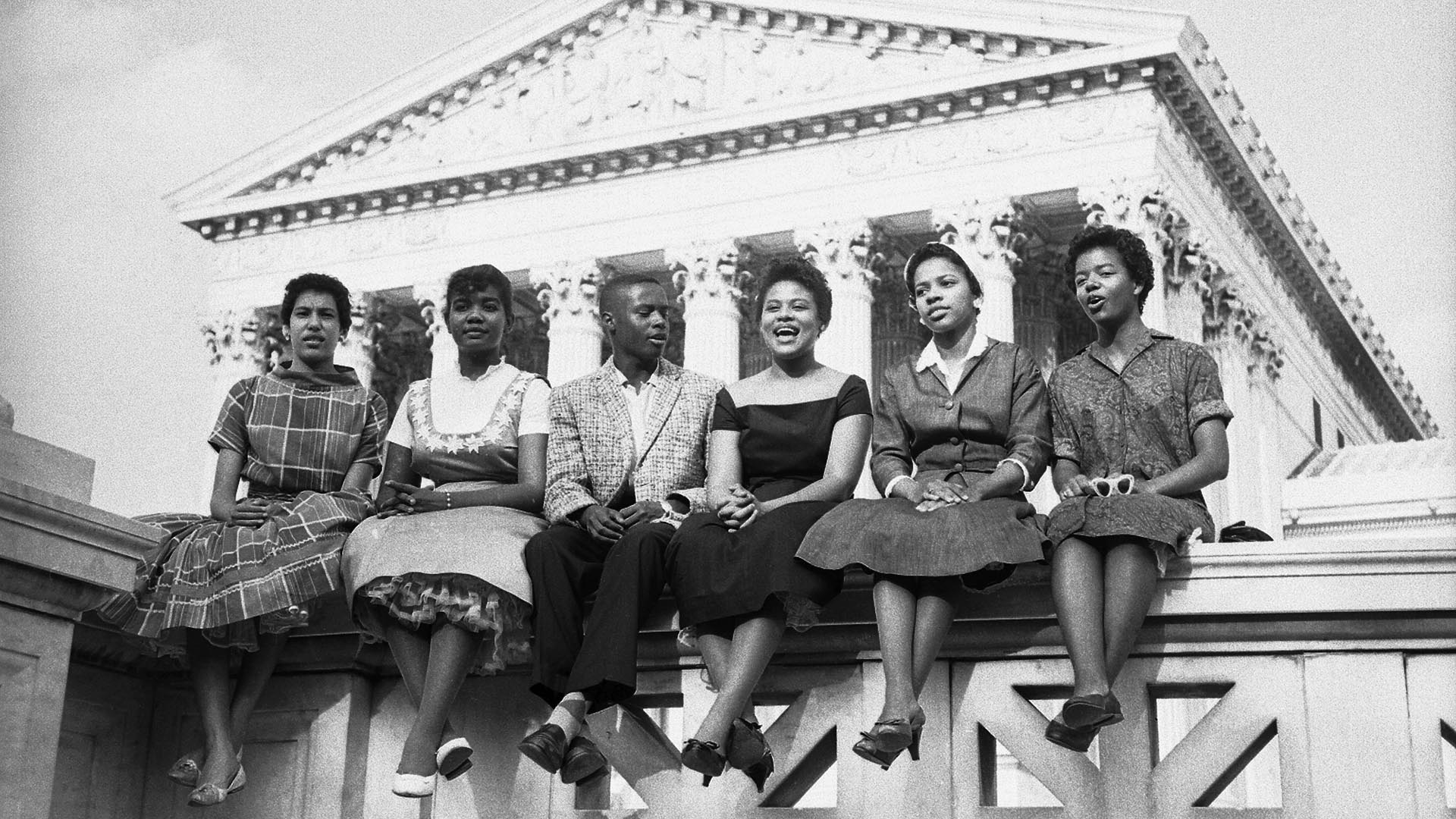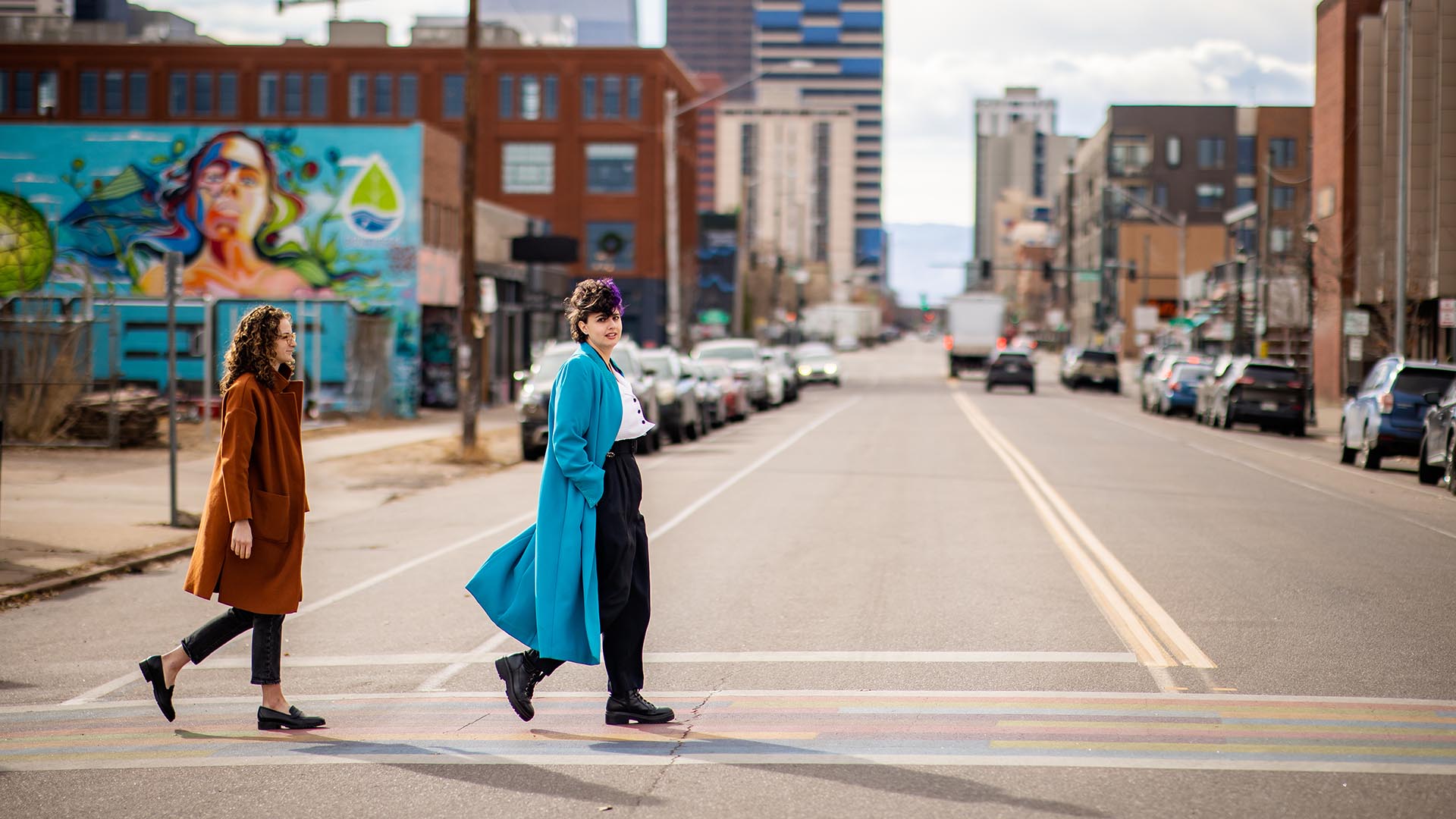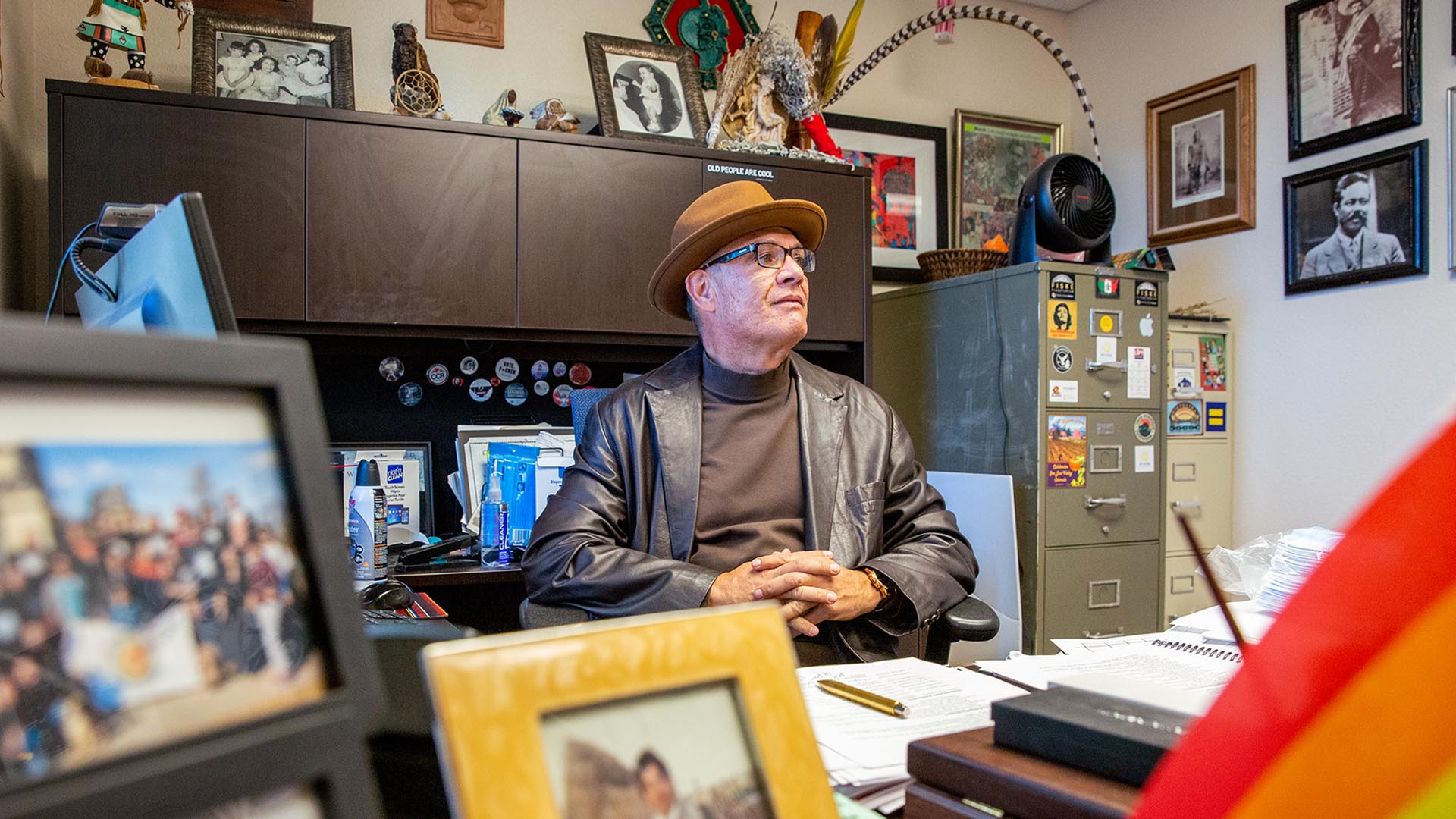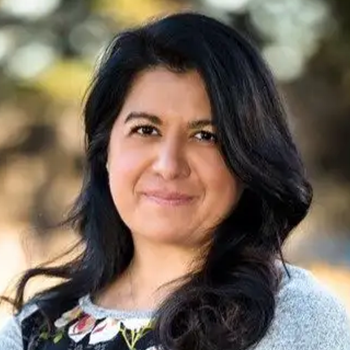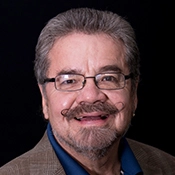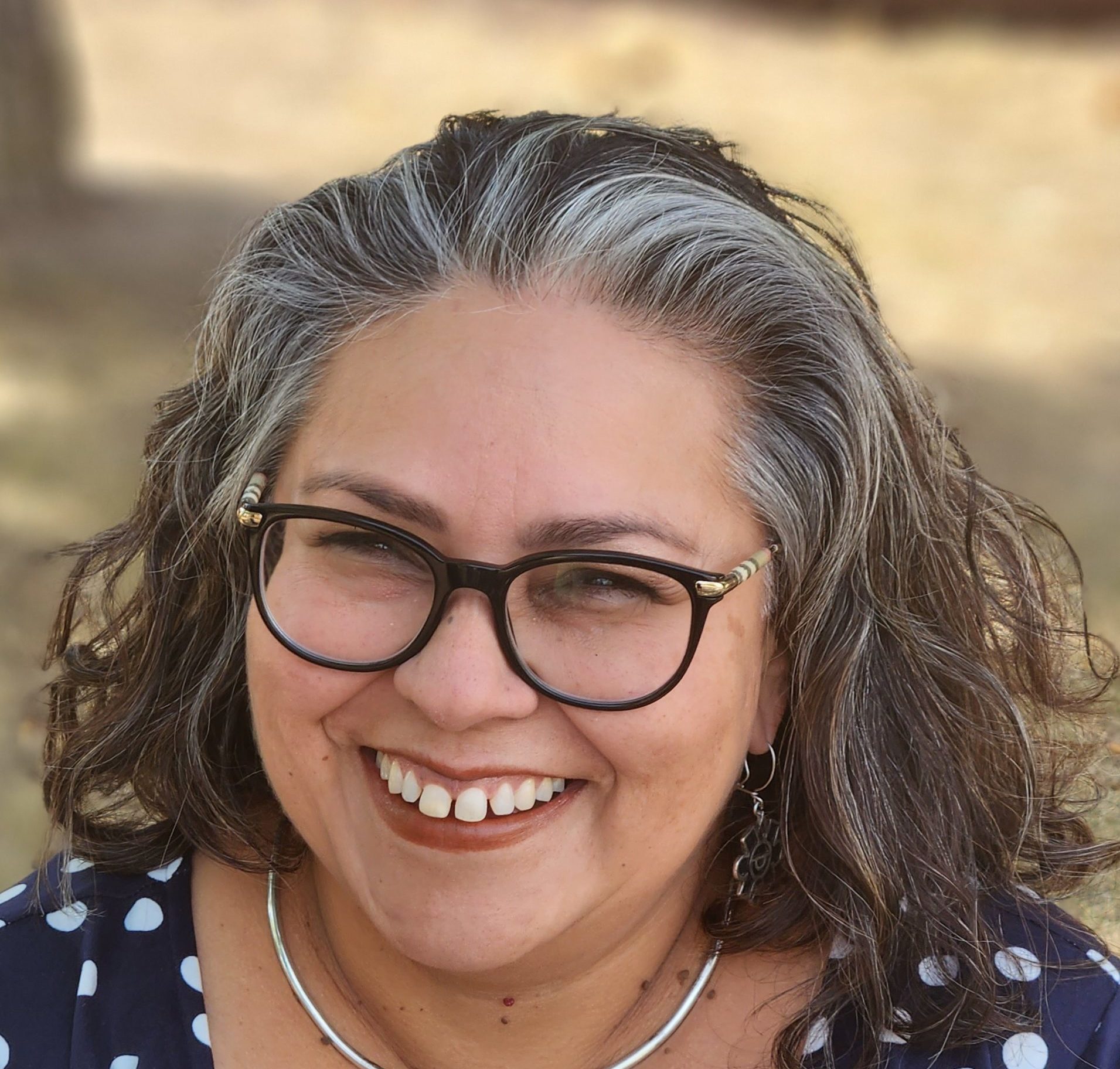Ibram X. Kendi talks anti-racism with MSU Denver Equity Peer Leaders
In a wide-ranging virtual discussion for the University’s Equity Training Series, the activist, scholar and author of “How to Be an Antiracist” discussed anti-racism in higher education, tools for introspection and the importance of hope.
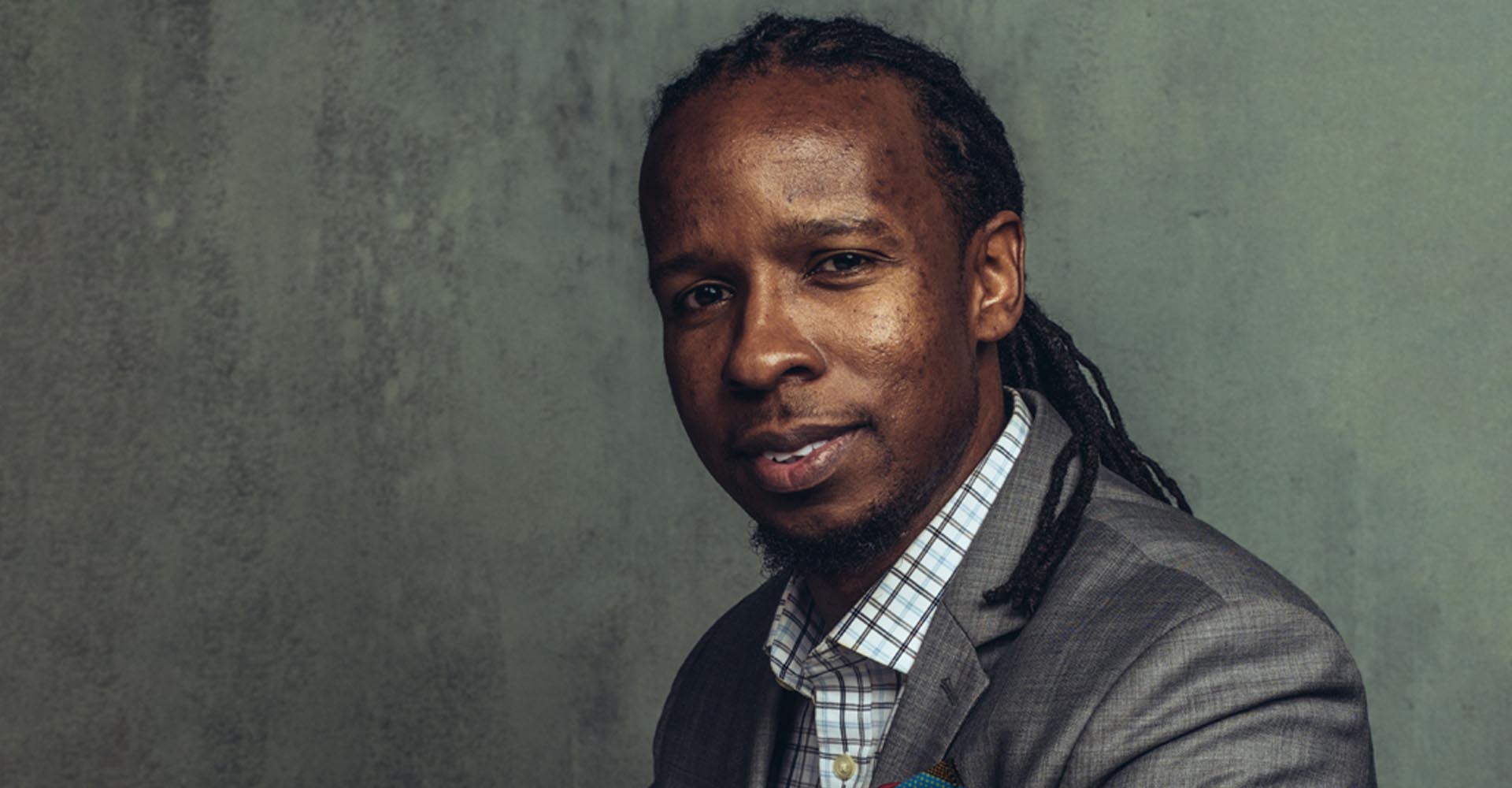
The way in which higher education frames its scholarship will determine whether U.S. systems can become anti-racist, Ibram X. Kendi, Ph.D., told an audience of Metropolitan State University of Denver students and faculty members Wednesday.
“Are they basing their scholarship on changing things to be more equitable and just?” he asked. “Or that there’s something wrong with certain groups that needs to be fixed?”
Kendi is the author of the New York Times bestseller “How to Be an Antiracist,” and the Andrew W. Mellon Professor in the Humanities at Boston University. He is also director of the university’s Center for Antiracist Research, which recently teamed up with the Boston Globe to launch the Emancipator, a multimedia platform reframing the conversation on race. His virtual visit in MSU Denver’s Equity Training Series, sponsored by the Center for Multicultural Engagement and Inclusion, follows the University Board of Trustees’ public commitment to engage in anti-racist work last June.
“Dr. Kendi’s work reminds us that there is no neutral ground when it comes to racism,” said Jordan Matthews, a Psychological Sciences and Philosophy double major who served as master of ceremonies for the event.

The fact that Kendi spoke against the backdrop of the conviction of former Minneapolis police Officer Derek Chauvin on second-degree murder charges in the death of George Floyd was all the more meaningful for Matthews.
“Police brutality and systemic racism aren’t new conditions,” she said. “They’ve been issues present since America’s beginning. This discussion is happening at a time when people are finally ready to listen and confront their internal biases in hopes of making real change.”
Here is what Kendi had to say on a wide range of topics raised by Matthews in Wednesday’s Equity Training Series.
On what it means to be anti-racist:
Kendi: To be anti-racist is to not think there’s something wrong with Black people or any racial group of people. … This isn’t about individuals; it’s about groups.
We live in a nation, unfortunately, where there are racial disparities. … To see racial groups as equals is to say, OK, if there’s a disparity, it can’t be because of what one group is “good” at or another group is “bad” at; it must be because of policies and practices we may not even be able to see. And then trying to challenge and change those.
On the role – and limitations – of higher education to advance anti-racist work:
Kendi: Historically, colleges and universities have been escalators and elevators into positions of power … the middle income or middle class. My question is: Are they providing those opportunities and resources for all racial groups and backgrounds or creating mechanisms benefiting … certain groups of students (deemed) worthy or capable?
Secondly, colleges and universities are typically places of research and scholarship, based on the idea of problems, policies, structures, systems and conditions. So are they basing their scholarship on changing things to be more equitable and just? Or that there’s something wrong with certain groups that needs to be fixed?
On tools individuals can use to confront their own biases:
Kendi: Anyone can decide to look up any racial disparity; anyone can define for themselves in a clear and consistent way a racist idea and an anti-racist idea.
So whether it’s … that Black and Brown people are more likely to be incarcerated than white people or the racial wealth gap or unemployment disparities or … that Black people are more likely to die of cancer, just ask yourself privately, “Why do I think this disparity exists?”
And when you answer that question, ask yourself, “Is this a racist or anti-racist idea?” That gives you the ability to take an inventory presumably of your racist and anti-racist ideas.
On why it’s easy to ignore the experiences of other racial groups:
Kendi: Two reasons: We agree with the racist idea that the victim is the problem. We’re constantly taught to blame the person who is dead, blame the person who is harmed, blame the person on the lower end of the disparity.
Another is the inability for people to connect themselves to other racial groups. White Americans are dying at higher rates from police violence than white folks in every other wealthy country in the world, but because Black and Brown people are dying at the highest rates, it causes white folks to say, “Oh, that’s not me.”
But actually, Daunte Wright is you; Adam Toledo is you; George Floyd is you. Just the other day, there was an older white woman with dementia who was brutalized by the (Longmont) police. People don’t connect that because they don’t see all of humanity. … But that’s how we need to get; we need to see ourselves in everyone.
On hope:
Kendi: I don’t think we should gain hope based on what’s happening in society; I think we should be hopeful based on a simple truth: that you cannot bring about change if you don’t believe change is possible. So I’m going to believe. I’m going to be hopeful that we can create a different type of world because I don’t have any other options.
Part of the process of bringing about change is imagining it first, believing that it’s possible, because that can fuel you in the difficult journey we’re going to have to go on in order to bring about the change.
The Equity Training Series, facilitated by Equity Peer Leaders, aims to create a common vocabulary among MSU Denver students related to equity-minded student leadership – a direct result of the University’s commitment to creating an anti-racist campus, said Roy Montgomery, associate director of Student Organizations and Leadership for the CMEI.
Learn more about Equity Peer Leaders and upcoming events as part of the Equity Training Series on the CMEI’s website.


